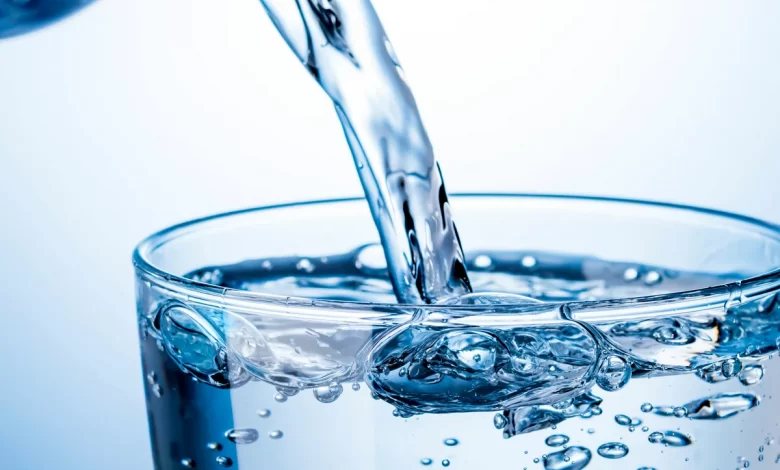
Water: The Essence Of Life And The Urgent Need For Conservation
Every year on March 22, World Water Day is celebrated globally, including in Pakistan. This day is dedicated to raising awareness about the importance of water, its usage, and ways to protect oneself from contaminated water. On average, a person needs about 30-35 gallons of water daily for household needs, sourced from springs, canals, rivers, and wells.
The Dangers of Contaminated WaterWater is a magnificent gift from Allah, essential for human survival and for animals, birds, and plants. It is said that the third world war might be fought over water, as clean water is scarce worldwide, including in Pakistan. According to United Nations statistics, approximately 2.1 billion people globally lack access to clean water.
Also Read: Breaking Barriers: First Female Police Officers Appointed as Additional SHOs in Khyber District
Contaminated and dirty water not only poses social, environmental, and economic challenges but also adversely affects human health, plants, and animals. Hospitals today are filled with patients suffering from diseases such as diarrhea, cholera, typhoid, and hepatitis E, among others. Access to clean water is a severe and urgent issue. If not addressed promptly, future generations will face significant problems.
How Much Clean Water Do We Have?Only about 22% of Pakistan's water is clean, especially in major cities like Islamabad, Peshawar, and others. In rural areas, this rate is even lower. Tap water often contains high levels of magnesium, potassium, and salts. Consuming such water can lead to various diseases. Contaminated water can result from multiple factors: sometimes pipes break, allowing dirty or murky water to mix in, or pipes may be weak and rusty, causing rust to contaminate the water.
Many people remain unaware of whether the water they use for drinking and cooking is clean. Different filters are used to purify water. It is a global experience that the taste of tap water differs from filtered water. Bacteria like E. coli and Legionella in tap water can cause illnesses such as diarrhea, which claims about one million lives each year, most of them children under five. Additionally, contaminated water can cause kidney stones, infections in the kidneys and bladder, and other diseases, the severity of which is often realized only upon hospitalization.
The Consequences of Wasting WaterWe use water daily for drinking, cooking, cleaning, bathing, and agriculture. But do you know how much water we waste daily and what future consequences we might face? According to a United Nations Development Program report, 1.1 billion people worldwide lack access to water. The water crisis has affected many lives. The report indicates that by 2050, the growing human population will face severe water shortages.
Currently, the global population is 8.2 billion, and by 2050 or 2060, it will exceed 10 billion, leading to water scarcity for crops and drinking. Therefore, it is crucial to be more cautious with water use in our lives.
Avoid leaving the tap running while doing household chores to prevent water wastage. Using new technologies for irrigation and agriculture can reduce water wastage. It is essential to check household water pipes to prevent leaks. We must play a significant role in reducing the water crisis to ensure that our present and future generations live healthy lives.
Water is a precious resource whose value and conservation directly impact our social, environmental, and health issues. We need to take all possible measures to ensure the proper use of water and prevent its wastage to provide a healthy and safe environment for future generations.

Legal Disclaimer:
MENAFN provides the
information “as is” without warranty of any kind. We do not accept
any responsibility or liability for the accuracy, content, images,
videos, licenses, completeness, legality, or reliability of the information
contained in this article. If you have any complaints or copyright
issues related to this article, kindly contact the provider above.


















Comments
No comment